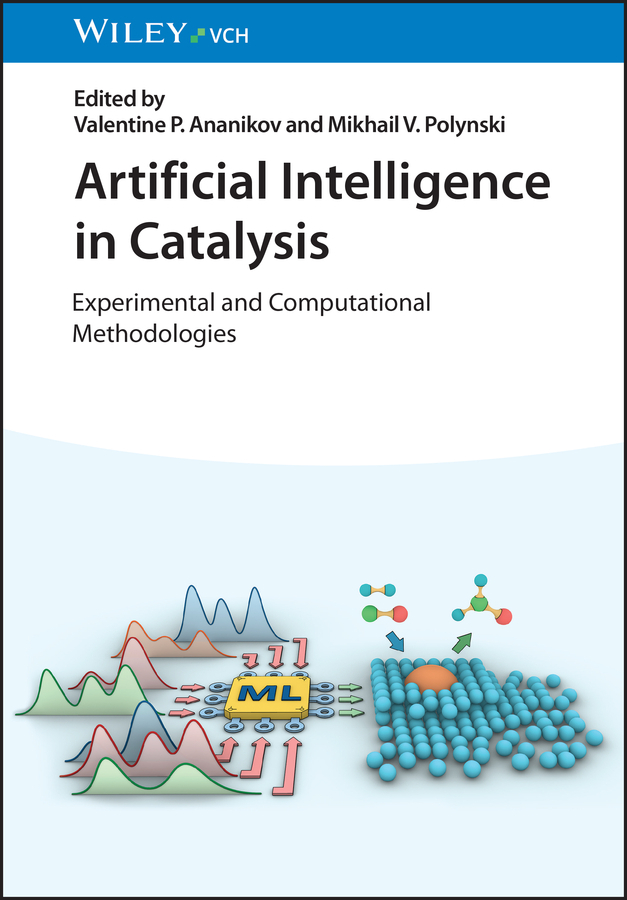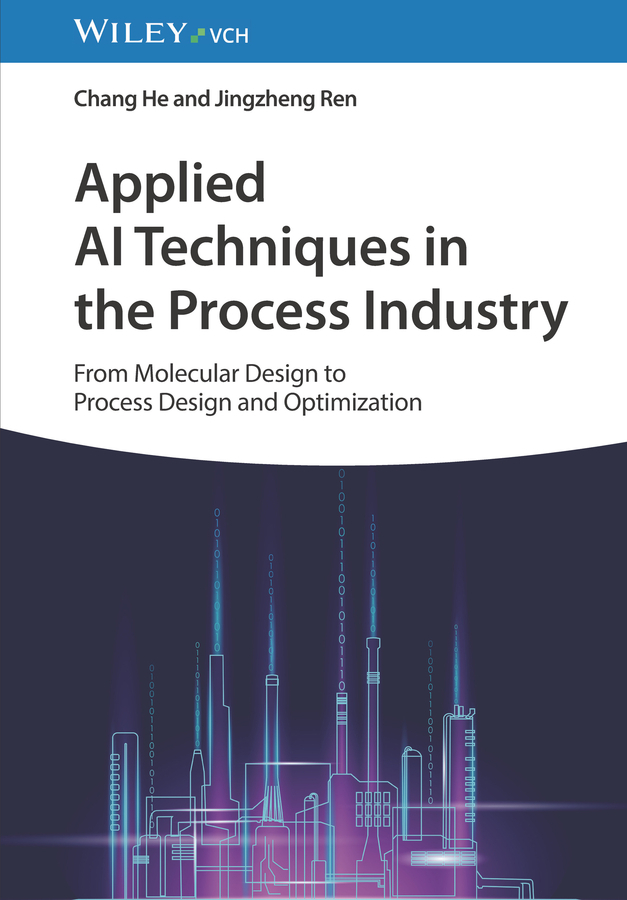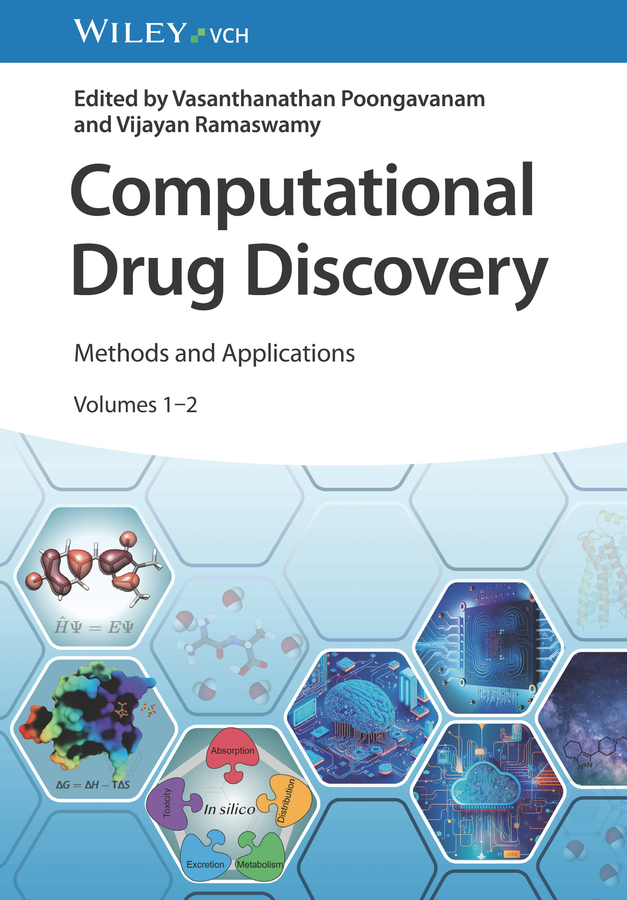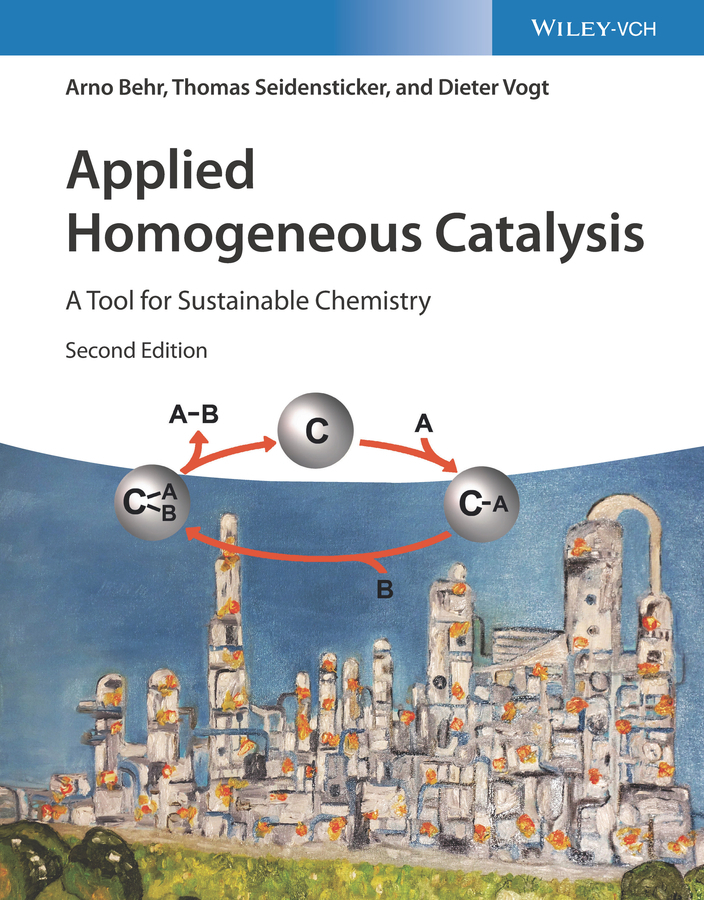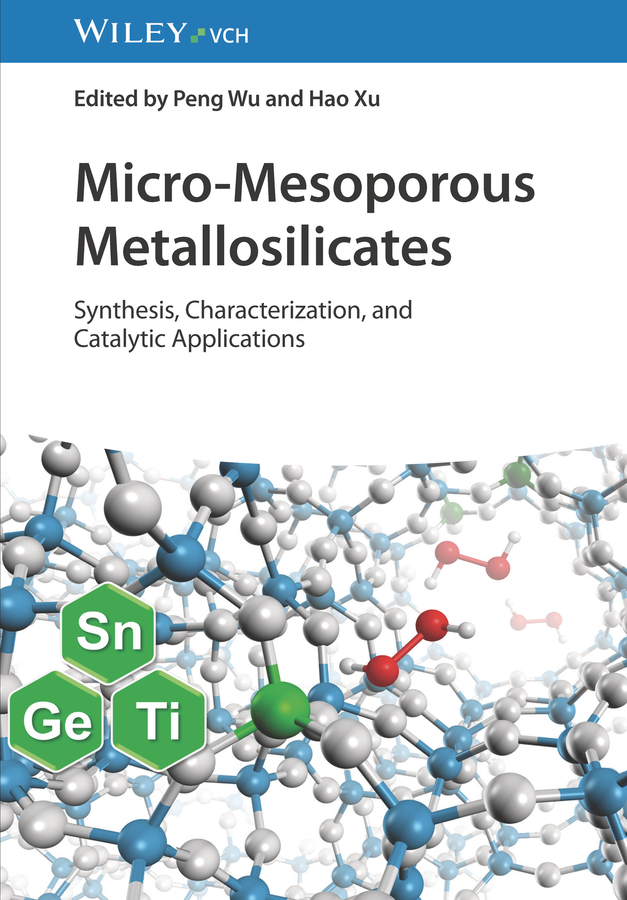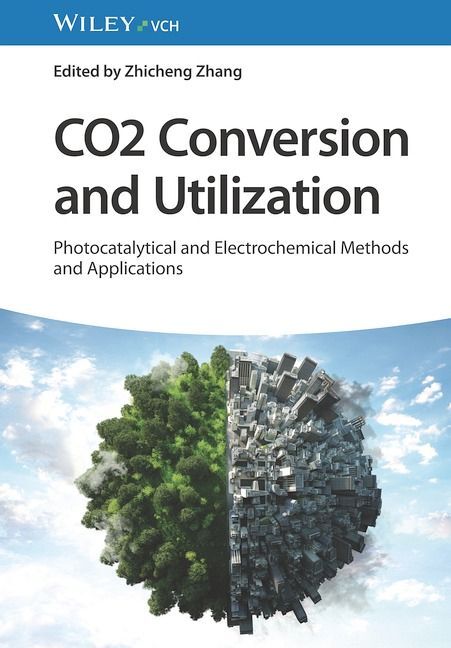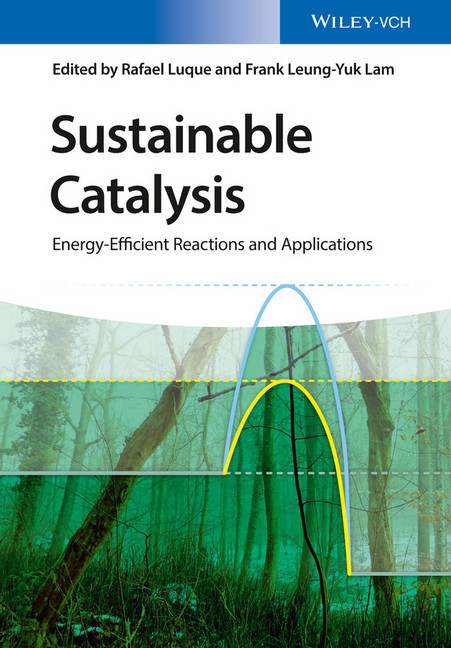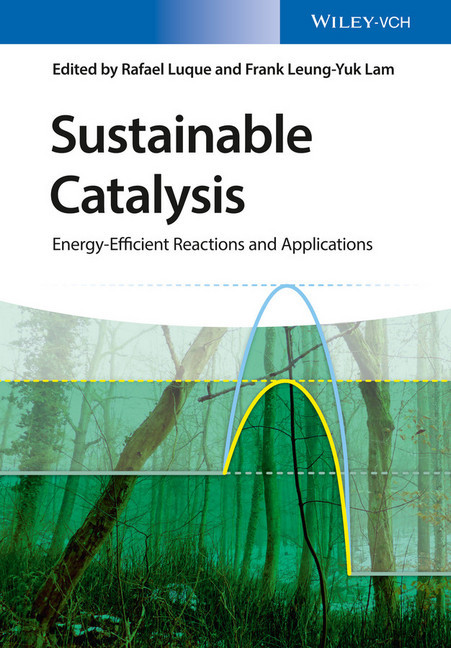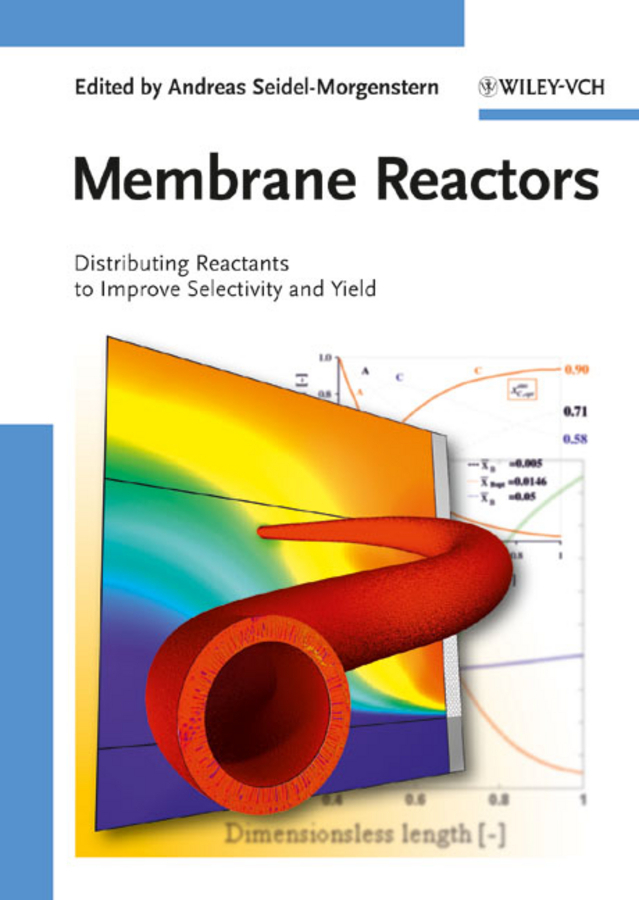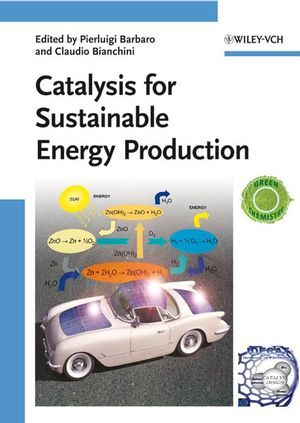Artificial Intelligence in Catalysis
Experimental and Computational Methodologies
Artificial Intelligence in Catalysis
Experimental and Computational Methodologies
Aimed at enhancing catalyst design and optimizing chemical processes by using machine learning techniques, the book is a must-have for researchers in academia and industry interested in developing new catalysts, improving organic synthesis, and minimizing waste and energy use.
PART 1. MACHINE LEARNING APPLICATIONS IN STRUCTURAL ANALYSIS AND REACTION MONITORING
PART 1. MACHINE LEARNING APPLICATIONS IN STRUCTURAL ANALYSIS AND REACTION MONITORING
1) Computer Vision in Chemical Reaction Monitoring and Analysis
2) Machine Learning Meets Mass Spectrometry: a Focused Perspective
3) Application of Artificial Neural Networks in Analysis of Microscopy Data
PART 2. QUANTUM CHEMICAL METHODS MEET MACHINE LEARNING
4) Construction of Training Datasets for Chemical Reactivity Prediction Through Computational Means
5)Machine Learned Force Fields: Fundamentals, its Reach, and Challenges
PART 3. CATALYST OPTIMIZATION AND DISCOVERY WITH MACHINE LEARNING
6) Optimization of Catalysts using Computational Chemistry, Machine Learning, and Cheminformatics
7) Predicting Reactivity with Machine Learning
8) Predicting Selectivity in Asymmetric Catalysis with Machine Learning
9) Artificial Intelligence-assisted Heterogeneous Catalyst Design, Discovery, and Synthesis Utilizing Experimental Data
Ananikov, Valentine P.
Polynski, Mikhail V.
| ISBN | 9783527353859 |
|---|---|
| Artikelnummer | 9783527353859 |
| Medientyp | Buch |
| Auflage | 1. Auflage |
| Copyrightjahr | 2025 |
| Verlag | Wiley-VCH |
| Umfang | 520 Seiten |
| Abbildungen | 100 Farbabb. |
| Sprache | Englisch |

